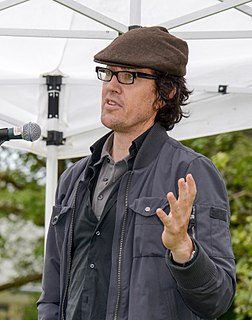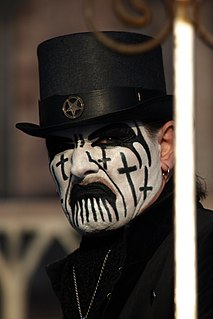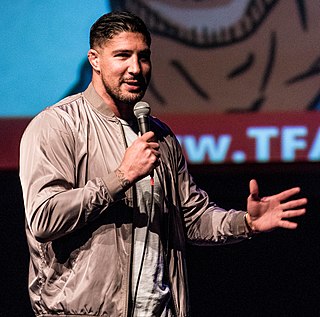A Quote by John Edgar Wideman
As a reader, I do not like to have everything handed to me. Because after a while it gets formulaic and I'm thinking, "If this is so thought through, then why do I need to read it. It's done!" It becomes a beach book at a certain point.
Related Quotes
With a 660-page book, you don't read every sentence aloud. I am terrified for the poor guy doing the audio book. But I do because I think we hear them aloud even if it's not an audio book. The other goofy thing I do is I examine the shape of the words but not the words themselves. Then I ask myself, "Does it look like what it is?" If it's a sequence where I want to grab the reader and not let the reader go then it needs to look dense. But at times I want the reader to focus on a certain word or a certain image and pause there.
In my couple of books, including Going Clear, the book about Scientology, I thought it seemed appropriate at the end of the book to help the reader frame things. Because we've gone through the history, and there's likely conflictual feelings in the reader's mind. The reader may not agree with me, but I don't try to influence the reader's judgment. I know everybody who picks this book up already has a decided opinion. But my goal is to open the reader's mind a little bit to alternative narratives.
We feel an affinity with a certain thinker because we agree with him; or because he shows us what we were already thinking; or because he shows us in a more articulate form what we were already thinking; or because he shows us what we were on the point of thinking; or what we would sooner or later have thought; or what we would have thought much later if we hadn’t read it now; or what we would have been likely to think but never would have thought if we hadn’t read it now; or what we would have liked to think but never would have thought if we hadn’t read it now.
It's insane to be a writer and not be a reader. When I'm writing I'm more likely to be reading four or five books at once, just in bits and pieces rather than subjecting myself to a really brilliant book and thinking, "Well what's the point of me writing anything?" I'm more likely to read a book through when I take a break from writing.
Write what you want to read. So many people think they need to write a particular kind of book, or imitate a successful style, in order to be published. I've known people who felt they had to model their book on existing blockbusters, or write in a genre that's supposed to be "hot right now" in order to get agents and publishers interested. But if you're writing in a genre you don't like, or modeling yourself on a book you don't respect, it'll show through. You're your first, most important reader, so write the book that reader really wants to read.
One day, I found this book at a used bookstore with 'Satanic Bible' written on the cover, and I thought maybe I should read it and see what it is. I thought it was like a religion, but then I read the book, and what was in it was pure life philosophy - and it was a life philosophy that described how I felt at that point.
Any story that gets us thinking, and particularly young people, thinking why? Whether it's as a result of reading the book, or coming out of the theatre or the cinema, I think we should just simply be asking the question 'why'? Why did it happen to those people? Was it necessary? And anything that gets us thinking like that is really important.
You need to have a reader's sympathy in order to accomplish anything. It's like at a reading, I find it's better to read something funny than to read something tragic. It just goes over better because you have a finite amount of time with somebody. Of course, in a book, you have a lot of time. But you still do want to make a certain impression right when you begin.
Anyway, when I finished the book, I handed it in, didn't want to read it again, but when it finally was in print I felt like OK, I have to read this. And yeah, I thought God, this is petty, this is silly, too emotional, too raw...and maybe it was then, but now it all seems that it's so much better because all the stuff that felt petty and silly now seems more relevant because Andy was so important.
Everything gets horrible. Everything you see gets ugly. Lurid is the word. Doctor Garton said lurid, one time. That's the right word for it. And everything sounds harsh, spiny and harsh sounding, like every sound you hear all of a sudden has teeth. And smelling like I smell bad even after I just got out of the shower. It's like what's the point of washing if everything smells like I need another shower
I never need to find time to read. When people say to me, ‘Oh, yeah, I love reading. I would love to read, but I just don’t have time,’ I’m thinking, ‘How can you not have time?’ I read when I’m drying my hair. I read in the bath. I read when I’m sitting in the bathroom. Pretty much anywhere I can do the job one-handed, I read.







































